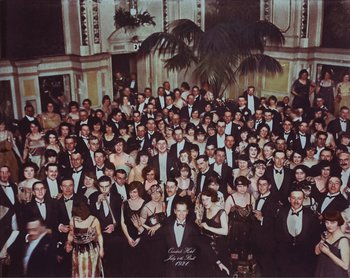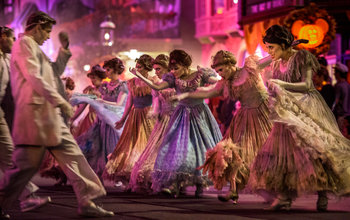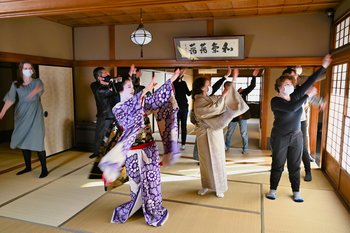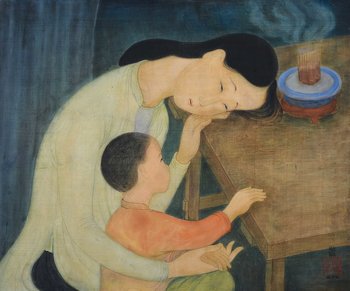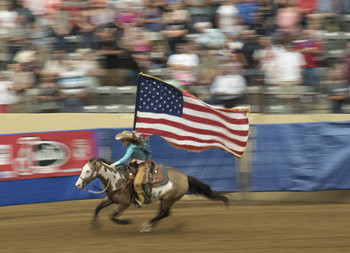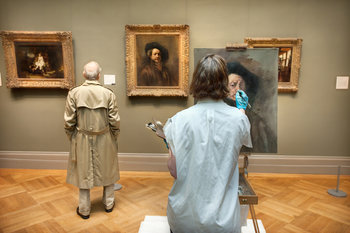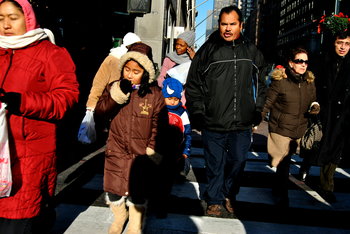
Ambiguity Avoidance / Sense of Adventure | Conflict Avoidance / Disagreeableness |
Direct Communication / Indirect Communication | Ethos - the characteristic spirit of a culture (e.g. American Dream) |
Formality / Informality | General Approach to Life (e.g. leisurely versus intensely competitive) |
Group Narcissism | Habits |
Individualism / Collectivism | Mannerisms |
Prioritization of Change / Progress | Prioritization of Tradition / Stability |
Resistance to Change | Risk Tolerance |
Saving Face | Sense of Duty / Obligations to Others |
Sense of Entitlement | Sense of Fairness |
Sense of Freedom | Sense of Group Identity / Belonging |
Sense of Humor | Sense of Personal Responsibility |
Sense of Reciprocity | Sense of Shared Experience (e.g. how you build relationships and meaning with others) |
Sense of Time | Sense of What Is Important (e.g. family time vs dedication to profession) |
Sensibilities | Social Expectations, Aesthetic Sense |
Tastes in Food | Values |
View of Nature / Relationship to the Land | Willingness to Break Rules |
Willingness to Debate / Avoidance of Argument |
Notes
Culture consists of many overlapping layers. For example, a youth culture that strongly contrasts the traditional culture of a nation.People can be influenced by culture but are also individuals who are unique within each culture. In this regard, stereotypes and labels can be unhelpful.| Overview: Social Character | ||
Type | ||
Definition | Individual characteristics that result from adoption and internalization of culture. | |
Also Known As | National Character (with respect to national culture) | |
Related Concepts | ||




